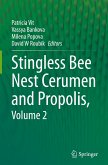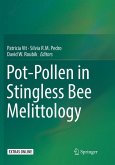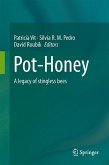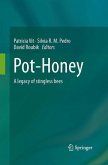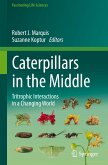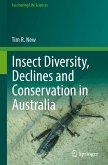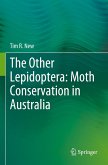Meliponini, the stingless bees of the tropics, process and store honey, pollen and plant resins to maintain their colonies. The chemical components of their nests are bioactive and believed to be therapeutic for a long list of maladies. However, only recently are tests and analyses being done with molecular and modern laboratory techniques, such as high throughput EDX, HPIC, HPLC, GC, NMR, PCR, and ultrastructural SEM; coupled with diverse detectors such as DAD, RI, MS, SCD.
This two-volume book is about the cerumen -plant resins mixed with stingless bee wax- and propolis, which fortify the colony in ways that are beginning to be understood. It includes reviews and new research on diverse topics involving the chemistry and bioactivity of plant resins, cerumen, propolis, besides bee and microbe behavior and ecology. These analytic studies are presented along with stingless bee biodiversity, palynology, cultural knowledge, bee foraging behavior, resin flower evolution, ecology, and evolution of nest microbe mutualisms, social immunity, human health, the decisive role of microbiology investigation in moving forward, natural history of stingless bee colonies and nests, marketing, and bibliometrics for plant resin use by bees, propolis, and the Starmerella yeast.
This two-volume book is about the cerumen -plant resins mixed with stingless bee wax- and propolis, which fortify the colony in ways that are beginning to be understood. It includes reviews and new research on diverse topics involving the chemistry and bioactivity of plant resins, cerumen, propolis, besides bee and microbe behavior and ecology. These analytic studies are presented along with stingless bee biodiversity, palynology, cultural knowledge, bee foraging behavior, resin flower evolution, ecology, and evolution of nest microbe mutualisms, social immunity, human health, the decisive role of microbiology investigation in moving forward, natural history of stingless bee colonies and nests, marketing, and bibliometrics for plant resin use by bees, propolis, and the Starmerella yeast.


